RefWorks Review
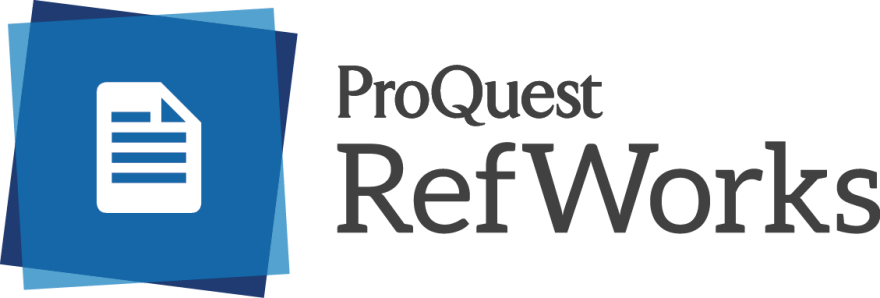
Everyone who has written an academic paper knows that citing research is easier said than done. It’s a complicated process of not only finding all the required information but formatting it correctly.
Books, print periodicals, articles from databases, web resources, videos, photographs, you name it. All have their own citation requirements, and all are formatted slightly differently from one another. Thus, making citations all the harder to do.
So, I get it; it’s complicated, not intuitive, and seems to change every year-to-year; what if I could tell you that there’s an easier way?
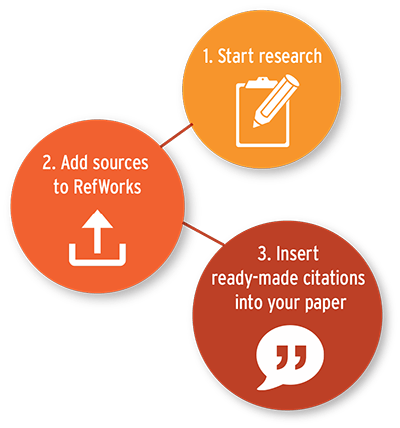 Let me introduce you to RefWorks.
Let me introduce you to RefWorks.
RefWorks is online software that simplifies the process of research, collaboration, data organization, and writing by providing an
easy-to-use tool for citations, bibliographies, and overall reference management.
Luckily for us, RefWorks is provided to students through the Red River College Library.
If you’re interested, the Red River College Library has created a RefWorks Guide that provides a step-by-step tutorial on how to set-up and use RefWorks. If at any point you have a question not answered on the guide, there are library staff ready to help either in person or online.
I, for one, am taking this opportunity to jump on this fantastic tool. If you’re one of the many who also find themselves struggling with citations, I hope you will as well!
By a fellow student,
Matthew


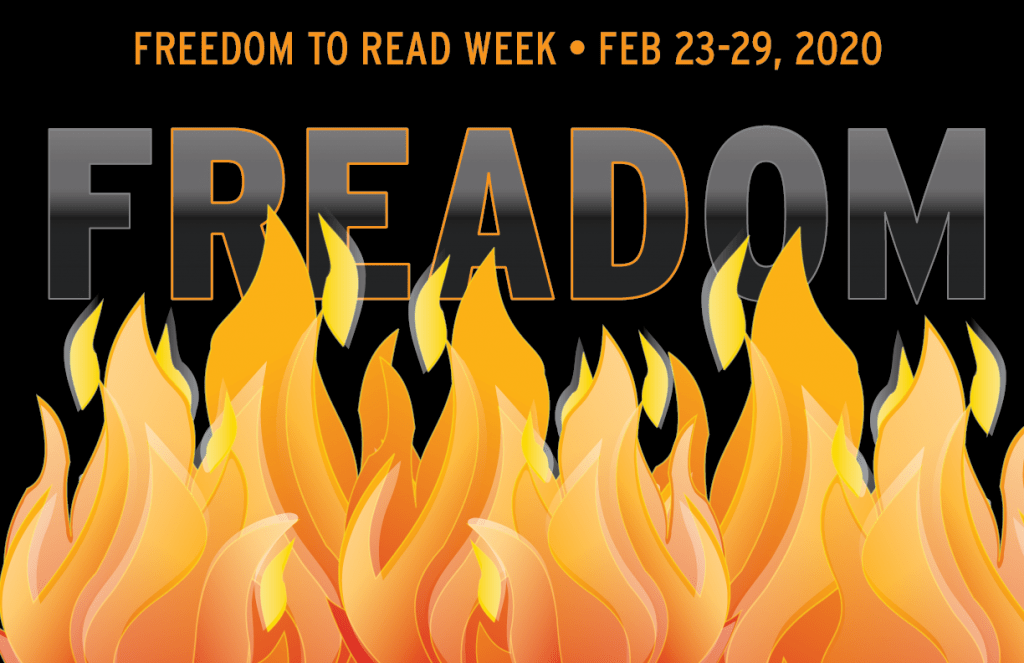
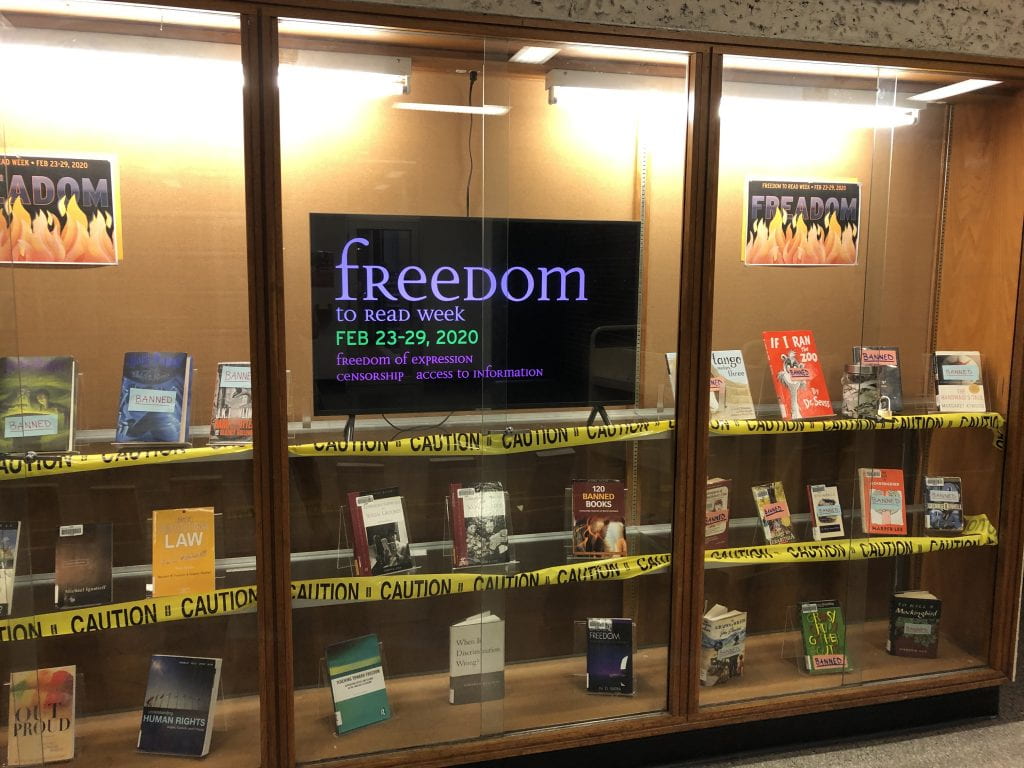
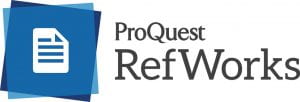 We all know that writing a paper has its headaches, especially the task of tracking and citing sources. RefWorks, now offered by RRC Library, is a reference management service that streamlines the research and citation process for you. It will store your sources and generate authoritative citations and bibliographies in whatever format you need so you can focus writing your paper. RefWorks also coordinates with Word and Google Docs, allowing you to quickly insert and edit citations and add them to your bibliography as you go.
We all know that writing a paper has its headaches, especially the task of tracking and citing sources. RefWorks, now offered by RRC Library, is a reference management service that streamlines the research and citation process for you. It will store your sources and generate authoritative citations and bibliographies in whatever format you need so you can focus writing your paper. RefWorks also coordinates with Word and Google Docs, allowing you to quickly insert and edit citations and add them to your bibliography as you go.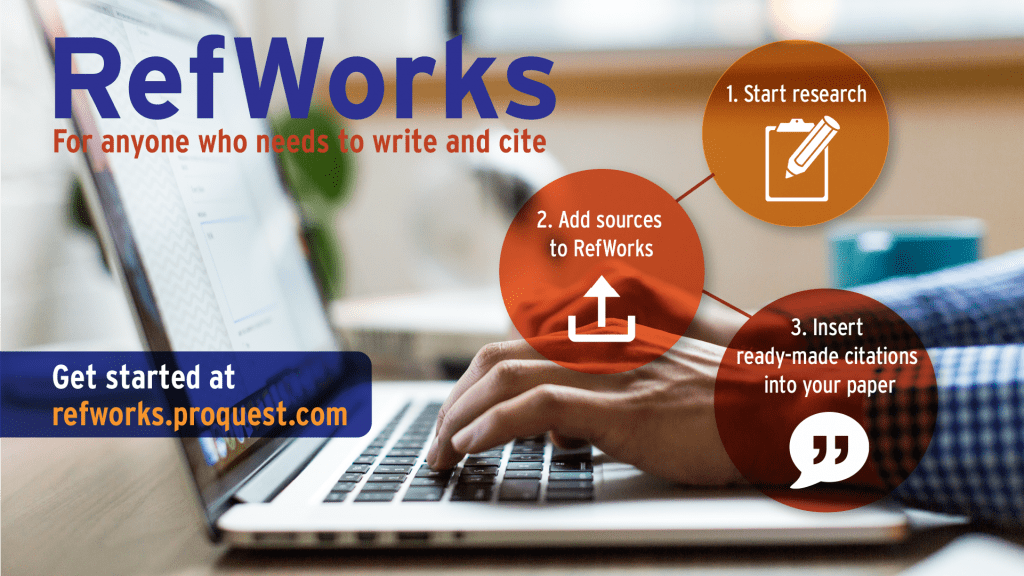



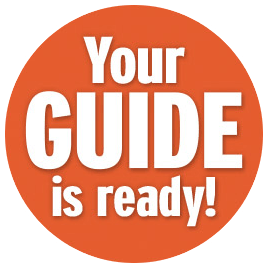 Guides are curated web pages created by our library staff. Many people who are starting to explore a topic aren’t sure where to start – there are so many options and it can be overwhelming.
Guides are curated web pages created by our library staff. Many people who are starting to explore a topic aren’t sure where to start – there are so many options and it can be overwhelming. Come explore the Indigenous Culinary Arts guide for resources on this latest trend in the culinary field. Whether you are exploring your Indigenous heritage or want to cook healthier, more traditional meals, this guide has something for everyone. Want to become more land based in your lifestyle, consider planting a Three Sister Garden next summer or harvesting wild rice in this great province. This guide has something for everyone.
Come explore the Indigenous Culinary Arts guide for resources on this latest trend in the culinary field. Whether you are exploring your Indigenous heritage or want to cook healthier, more traditional meals, this guide has something for everyone. Want to become more land based in your lifestyle, consider planting a Three Sister Garden next summer or harvesting wild rice in this great province. This guide has something for everyone.